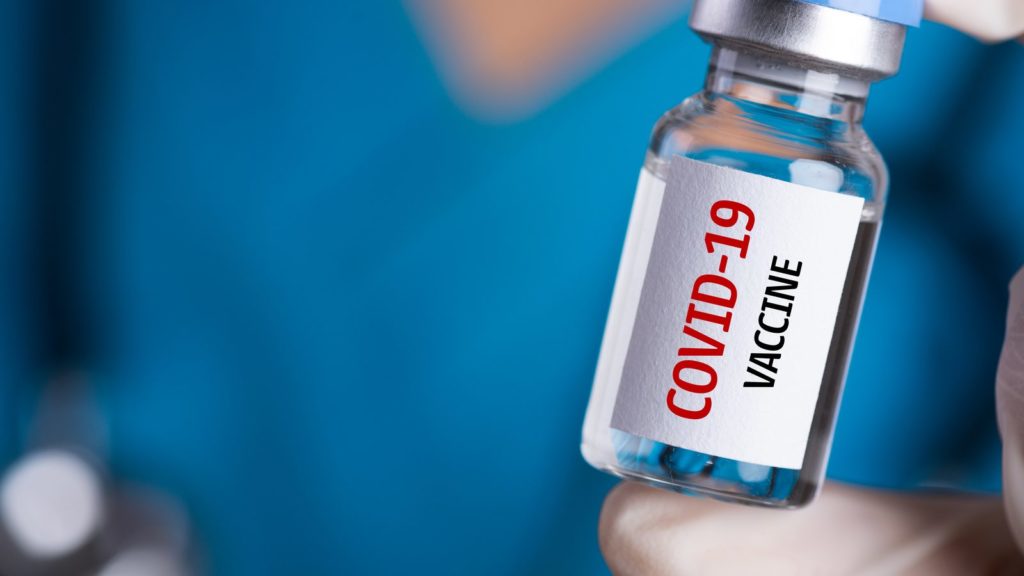THD NewsDesk, New Delhi: The United Nations health agency, World Health Organization (WHO) granted approval to China’s Sinopharm Covid-19 vaccine for emergency use.
The vaccine that has already been administered to millions of people in China will be the first non-western vaccine to get WHO’s approval. Previous vaccines approved by the agency are developed by Johnson & Johnson, Pfizer, Moderna and AstraZeneca.
Amid the surge in covid-19 infection in many countries and the resulting rise in the number of vaccines, this move could help Beijing with its vaccine diplomacy.
“This afternoon, WHO gave emergency use listing to Sinopharm Beijing’s Covid-19 vaccine, making it the sixth vaccine to receive WHO validation for safety, efficacy and quality,” WHO chief Tedros Adhanom Ghebreyesus told a news conference.
The two-dose vaccine has already been approved by the health regulators in several countries in Africa, Asia and Latin America. Out of its five self-approved vaccines, China has been using Sinopharm and Sinovac vaccines for both domestic and international use including Pakistan, the UAE and Hungary. The WHO backing helps countries enter the Covax programme, which is aimed at providing equitable access to doses around the world among rich and poor countries.
The WHO added that the emergency use listing would give countries “confidence to expedite their own regulatory approval”, especially those states without an international-standard regulator of their own.
Reviewing the latest clinical data and manufacturing practices of the vaccine, the WHO’s technical advisory group said the vaccine’s efficacy for symptomatic and hospitalised cases of Covid-19 was estimated to be 79%.
The WHO said the Chinese vaccines are “easy storage requirements” made the Sinopharm vaccine “highly suitable for low-resource settings”. Made in a more traditional way, the vaccine differs from Pfizer and Moderna as they are ‘inactivated vaccines’ which use the killed viral particles to expose the immune system to the virus without risking a serious disease response.
With several countries looking to get their vaccines approved by WHO, which is yet to reach a decision on Sinovac, Russia’s Sputnik V vaccine is believed to be the next furthest ahead in the process.
